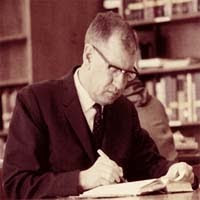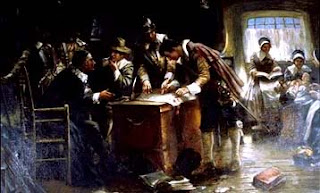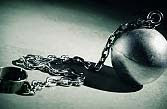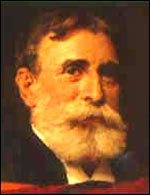Was John Calvin a Murderer?

Was John Calvin responsible for the execution of Michael Servetus? That’s the question Jim McClarty answers over at Reformed Voices. Here’s how it begins . . .
This is a question that shows up in my email from time to time. It's a claim that is leveled by those who seek to besmirch Reformed Theology. Usually, the claim that Calvin was a murderer is an attempt to make all Calvinistic doctrine wrong through 'guilt by association.'
However, historically speaking, the so-called 'Doctrines of Grace' - which go by the nickname of Calvinism - did not originate with Calvin. They are the result of a Synod held in Dort, Holland in 1618/19, after Calvin was long dead. Those of us who hold to Reformed Theology do so not because we are attempting to replicate the theology or ecclesiology of John Calvin, but because we are convinced that the Biblical arguments and conclusions stemming from that Synod are valid and our own exegesis confirms the five points.
If it could be proven that John Calvin was indeed a murderous wretch, it would have no effect on the theology that sprung from the pen of the Reformers. In other words, the 'guilt by association' tactic has no teeth. That being said, let's clear up the history and let the proverbial chips fall where they will.
You can read the entire post here. For a well-reasoned contrary view, I recommend Standford Rives’ article, Servetus & Calvin: Was it Murder by Calvin?
Labels: Calvinism vs. Arminianism, History
















